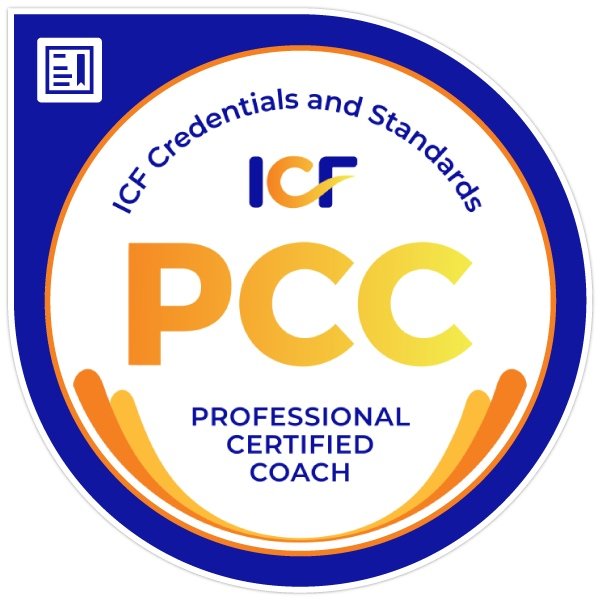I made an inventory the other day. In a business career which has lasted about thirty years I’ve lived through
- Two takeovers
- Two major acquisitions
- Three 50:50 mergers
- One divestment
- Two joint ventures
…and that’s just the big stuff, ignoring sundry internal re-organisations, expansions, contractions, new business lines, re-brandings and so on. And of course in the same period we’ve moved from mainframe computers to smartphones, from telex to social media and beyond.
What this tells me is that change is at the very heart of business. In business, as in life, we’re either going through change or we’re falling behind. Or we no longer have a pulse. Change, restructuring, creative destruction – call it what you will – is vital to organisational survival.
And in the midst of this maelstrom of change sit you and me, the humans.
You may have read Graham Greene’s novel “The Human Factor”. On the surface it’s a spy thriller, but the wonderful subtext is Greene’s poignant exploration of what happens when human foibles meet rational planning. In the course of the story the protagonist, Maurice Castle, betrays his colleagues, his employer, his country, even his own values, for the sake of the woman he loves. And with a darkly ironic Greeneian flourish, in the end he loses her too.
The context may not usually be so dramatic, but we can’t escape The Human Factor in business either. At the end of the day business is pretty much entirely about stuff that humans do. And if we humans are out of sympathy with the changes happening around us, or we’re in the dark and have no idea what’s going on…or we simply can’t keep up…then we too are likely to become disengaged or even quietly subversive.
These default human responses to change are too important to ignore! Take a look at the figures – according to some analysts 50-84% of mergers “fail”, and there’s a common view that personnel issues are a major contributor.
So how do we draw the sting of organisational change? How do we keep people engaged so we can get the best all-round outcome?
The answer of course will depend on the specific circumstances of your organisation. But actually many of the steps are rather generic and obvious, and surprisingly often ignored. Communicate clearly, consistently and regularly. Be as transparent as possible. Enrol key personnel in the process. Treat staff with dignity. Listen, and be prepared to modify aspects of your planning based on the feedback you receive.
None of this is rocket science, and it doesn’t need to involve major financial outlay. If it makes the difference between falling prey to the “subversive” tendency or shifting your organisation into the “successful mergers” bracket, then surely engaging with The Human Factor is an effort worth making?






